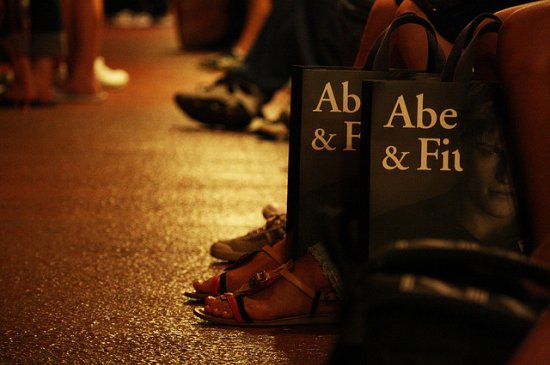
Are you a casual or compulsive shopper?
According to Debtors Anonymous, you may have a compulsive shopping problem if you:
Don't return items you borrow from friends or family
Cannot pay your bills or meet basic financial obligations
Prefer to swipe with plastic than pay with cash
Live for the now with no concern for tomorrow
Have tons of clothes with the tags still on them
Who are compulsive shoppers?
Compulsive shoppers can be men or women, but 80% are female, and it tends to run in families. Men who are compulsive spenders tend to describe themselves as “collectors-.” The addiction usually manifests in the late teens or early twenties and will often continue until addressed through intervention or therapy. Surprisingly, even those with lower incomes are not immune to compulsive shopping - they just do it at the dollar store rather than the mall. Addictions have few boundaries. Clothing and shoes are the most popular items for compulsive spenders followed by jewelry, cosmetics, and household items.
Why are you a compulsive shopper?
Any number of reasons can cause addiction - that's a question for a therapist. It can be an issue from childhood such as abuse, poor role models, or may be to make up for a lack of something in your childhood or adult life. It's important to seek help just as you would for any other kind of addiction. In fact, those with compulsive shopping addictions may also be suffering from depression, alcoholism or substance abuse. And just like other addictions, there is a tendency to deny that there's a problem, make excuses and hide it. Compulsive shoppers to spend alone, as alcoholics tend to drink alone.
How does compulsive shopping make you feel?
Most compulsive spenders feel depressed, tense, bored or anxious prior to spending and then during the spending spree, there experience feelings of euphoria, but these don't last. This is much like the high that comes with using drugs – they fade and then to get the feeling again, another thrill must be sought. After the spree, you will likely feel guilt, anger, disappointment and stress. This is no way to last. Anytime you rely on external things for a sense of happiness - that's a warning sign.
What can you do about your shopping addiction?
You have to stop, and you have to seek treatment. Groups like Debtors Anonymous can provide support just like a 12-step program for alcoholics. Individual therapy can also help if you can afford it or have insurance coverage to help. You may also need to hand over your credit and debit cards to your spouse to make sure you can't buy and just keep enough cash on hand for your necessities. Other channels to purchase may also need to be blocked as well including your iTunes account and any other digital accounts.
What is the fallout from a shopping addiction?
A serious shopping addiction can leave you with maxed out credit cards, an empty bank account, no savings, no retirement funds, and owing money to family and friends. Also, your loved ones may be angry at your actions, and you may be estranged from them because of your guilt and their frustration with you. In short, as with an alcoholic or drug addict, a shopping addiction can wreck your finances and every aspect of your life.
Please read the original post on our affiliate site, BillsBills.com
